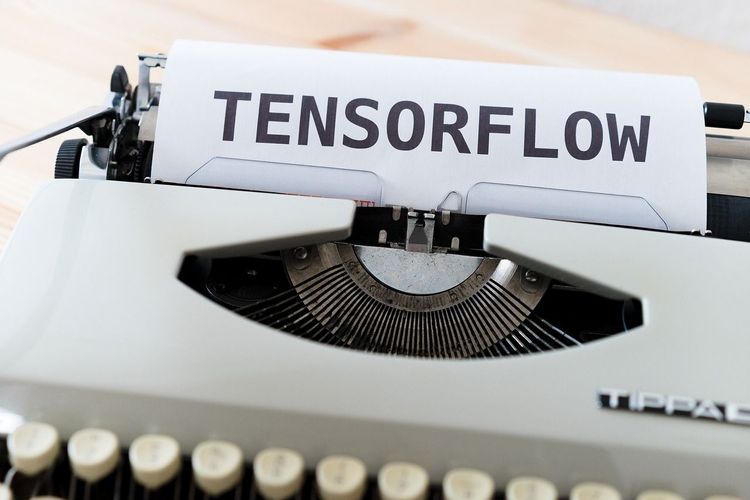As the AI landscape rapidly evolves, some have humorously remarked, “We expected robots to help us with mundane tasks like cleaning and cooking, so we could focus on writing poetry and creating art. Now, it seems AI has taken over that creative space while we remain stuck with the chores.” This sentiment is increasingly reflecting reality.
Recently, numerous online authors have reported a development in the signing agreements with Tomato Novel, a free reading app owned by ByteDance. The updated contracts now include an “AI Training Supplement Agreement,” which stipulates that authors must consent to have their works fed into the platform’s AI for content development. Many authors have discovered that the AI software Doubao, also part of the ByteDance ecosystem, is generating outlines for their published works without their knowledge.
The AI dilemma that Hollywood faced has now reached the Chinese online literature community. Back in May, OpenAI controversially used the voice of Hollywood actress Scarlett Johansson without her consent to create an AI voice, which, although later met with an apology, was viewed as a violation of personal dignity. Hollywood had previously launched a widespread strike to combat the encroachment of AI. Now, this issue has spread to China's online literary scene.
A recent thread on the online literature forum “Dragon’s Sky” about the AI terms in Tomato Novel agreements has gone viral among authors. Screenshots reveal that works signed with Tomato Novel will be utilized as data for training AI models. An author with nearly a decade of experience in online literature, known as Kele, shared with news reporters that Tomato Novel typically requires authors to produce a minimum of 20,000 words for contract approval. While the agreements have historically been labeled as “2021 Revenue Sharing,” recent contracts now include the AI-related clauses without any prior notification, leading many authors to discover that they had unknowingly signed such agreements.
When these authors sought clarification, they turned to the Doubao AI software, where many found that their previously published works had generated story outlines and summaries. Some users even reported that unpublished drafts saved in application like WPS were accessible through Doubao in the same manner. In response, Douyin Group clarified that Doubao does not cooperate with WPS for AI training and does not use unpublished private data for model training. They reaffirmed that Doubao presents content and summaries based on public search results without engaging in information theft. Additionally, Tomato Novel has opened channels for authors who have signed the supplementary agreements or have AI clauses in their contracts, committing to assist them in promptly rescinding these terms.







